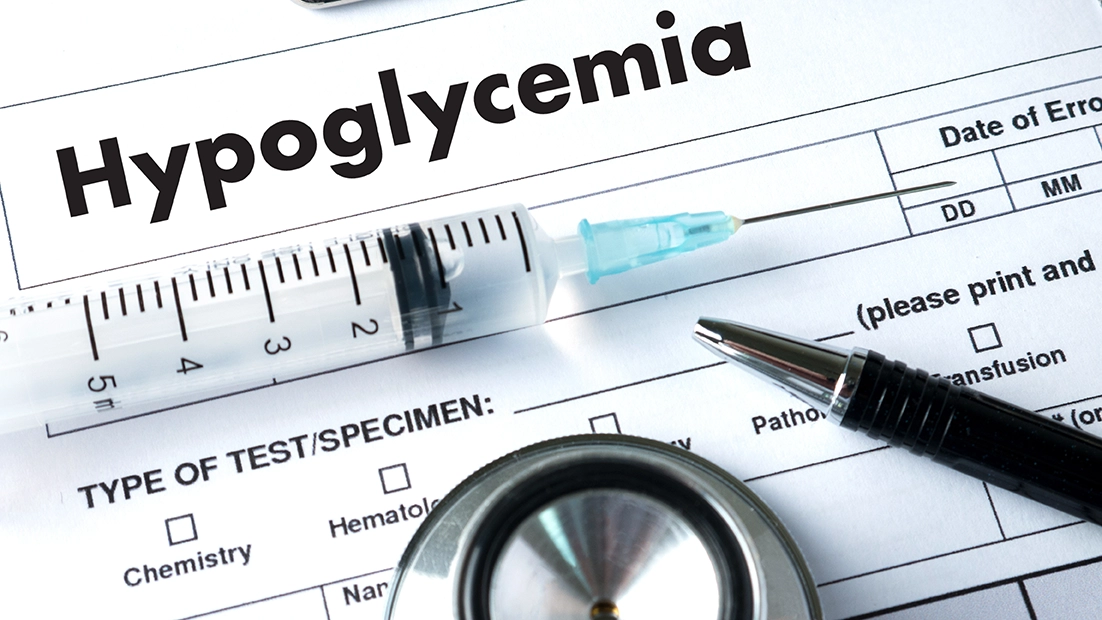Lifestyle Modifications in Polycystic Ovary Syndrome
2 Oct, 17
Why is a Healthy Lifestyle Important in PCOS?
Leading a healthy lifestyle helps prevent and control many diseases and conditions and is good for overall health.
Lifestyle changes are a first step towards managing PCOS. It includes healthy eating habits, physical activity and weight loss.
If you are suffering from PCOS, given below is all the information that you would need in order to change your lifestyle.
Getting Started
Set your Goals
- If you are overweight, the initial goal of weight loss therapy should be to reduce your body weight by approximately 10% from baseline.
- Weight loss should be about ½ kg to 1 kg/week for a period of 6 months, with the later approach based on the amount of weight lost.
- Avoid crash diets because it deprives your body of vitamins, carbohydrates, proteins and nutrients that it needs to sustain itself.
- When you go on a crash diet, your body will actually burn the muscle tissue to provide your brain with sufficient energy to function.
- Physical activity is important too. Initially, moderate levels of physical activity for 30 to 45 minutes, 3 to 5 days per week should be encouraged.
Set the Right Goals
- Setting the right goals is an important first step.
- Effective goals are specific, realistic and attainable.
- For example:
- “Exercise more” is a fine goal, but not specific enough.
- “Walk 5 miles every day” is specific and measurable, but not achievable.
- “Walk 30 minutes every day” is attainable, but what if you are held up at work one day?
- “Walk 30 minutes, 5 days each week” is specific, achievable and forgiving.
Watch What You Eat
Sensible Diet and Changing Eating Habits for The Long-Term
- Low-calorie diets are recommended for weight loss in overweight and obese persons.
- For a weight loss of ½ kg to 1 kg/week, the daily intake should be reduced by 500 to 1,000 calories. A daily calorie intake of 1,000 to 1,200 calories will help most women lose weight safely.
- Reducing fat as part of a low-calorie diet is a practical way to reduce calories.
- Cut down on the salt intake. Avoid ready-to-eat/canned foods as they often also contain a lot of salt.
- Tips for sensible low calorie diet:
- Instead of frying foods, you can roast, bake or shallow-fry them. The microwave oven helps for easier, fatless cooking.
- Coconut, malai, cream, and poppy seeds should be avoided as they are high in saturated fats.
- Reduce the amount of butter, cheese and ice-cream that you consume.
- Avoid sweets or other high calorie desserts like halwa, ice-cream. Substitute with lots of fresh fruit, which are healthier and lower in calories.
- Grains such as wheat, rice, oats, cornmeal and barley are naturally low in fat and provide nutrients important for good health.
- Try and use skim milk, or heat whichever milk you get and refrigerate it for 24 hours. Remove the malai from the surface, strain the rest of the milk and use.
- Replace fizzy aerated drinks with water.
- Don't be tempted to skip breakfast or any meal to lose weight. While skipping a meal will reduce your calorie intake for that hour, it will leave you much hungrier later on.
- Changing the way you eat can help you to eat less and not feel deprived.
- Eating slowly will help you feel more satisfied
- It takes 15 or more minutes for your brain to get the message that you’ve eaten. Slowing the rate of eating can allow you to feel full sooner and, therefore, help you eat less.
- Using smaller plates helps to moderate portions so they don’t appear too small.
- Drinking at least 8–10 glasses of water each day will help you feel full, possibly eat less, and benefit you in other ways.
- Serving food from the kitchen instead of at the table can help you be less tempted to eat more.
Move your Body
Physical Activity
- Physical activity should be an essential part of weight loss therapy and weight maintenance. Initially, moderate levels of physical activity for 30 to 45 minutes, 3 to 5 days per week should be encouraged.
- All adults should set a long-term goal to achieve at least 30 minutes or more of moderate intensity physical activity on most, and preferably all, days of the week.
- Tips for physical activity:
- If you don't have time for 30 minutes of activity all at once, try breaking it up into three 10-minute sessions of activity.
- Use the stairs instead of an elevator.
- Get off the bus one stop early and walk the rest of the way.
- Park your car at the far end of the parking lot and walk the extra distance.
- Swimming is a great exercise for your entire body.
- Walk, bike or jog to see your friends.
- Take a 10-minute activity break every hour while you read, watch TV or while working on your computer.
- Play with kids. You will benefit from all the extra activity.
Stop Smoking and Alcohol Consumption
- Not only is alcohol high in calories, it can be a huge trigger to smoke.
- Avoid the empty calories in alcohol and the toxins from tobacco.
Moving Forward
- Weight management is a long-term challenge influenced by behavioural, emotional and physical factors.
- Changing the way you approach weight loss can help you be more successful. Most people who are trying to lose weight focus on one thing —weight loss.
- However, setting goals and focusing on changes in physical activity is much more productive.
Reward Success (But Not with Food)
- Rewarding yourself on the achievement of your goals can encourage the achievement of further goals.
- The rewards you choose may be material, (e.g. a movie, a music CD, or a payment towards buying a larger item) or an act of self-kindness (e.g. an afternoon off from work).
- Frequent small rewards earned for meeting smaller goals are more effective than bigger rewards requiring a long, difficult effort.





